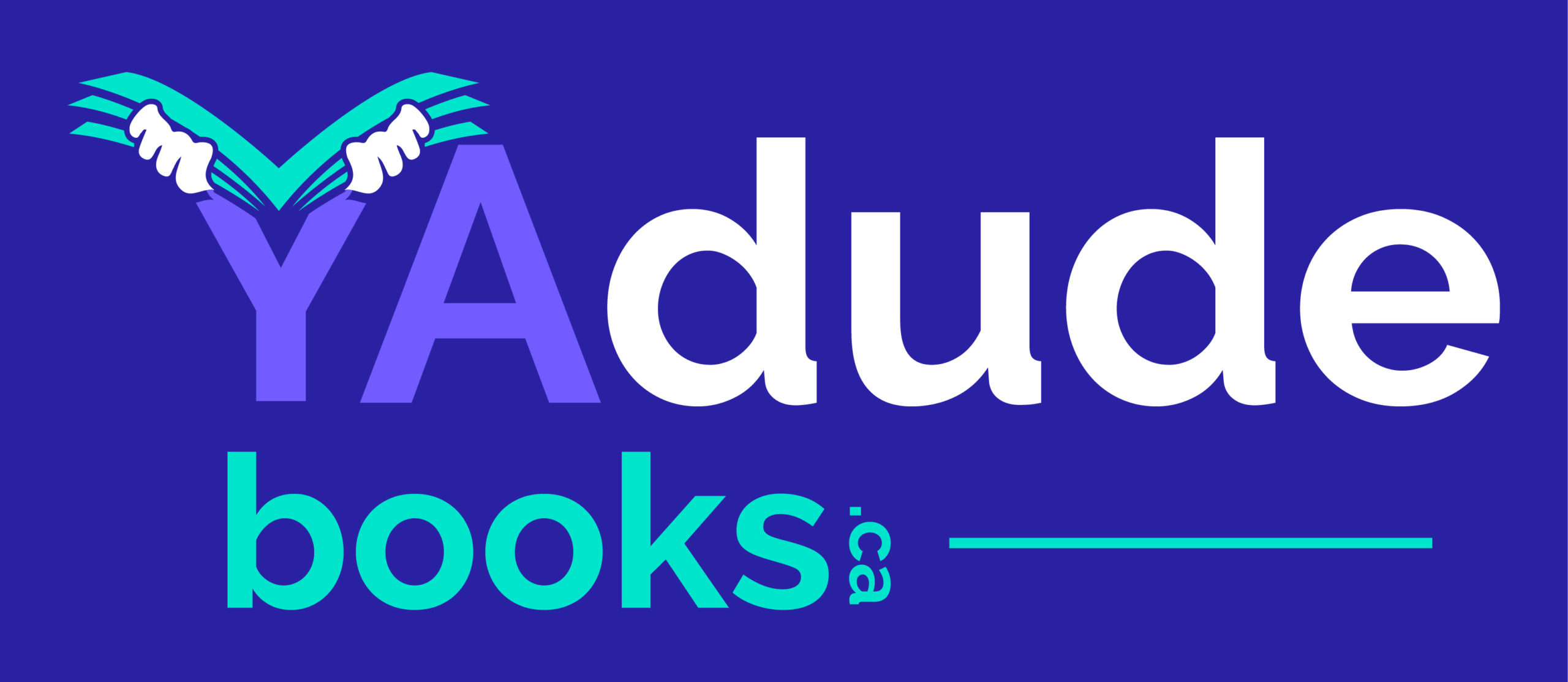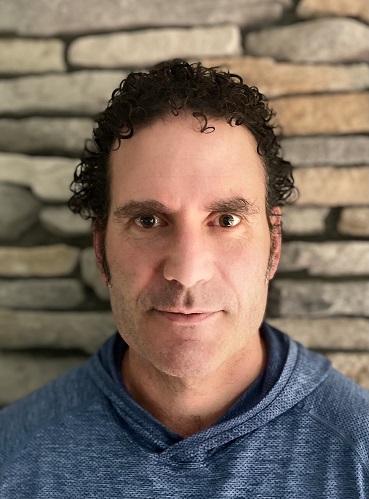Michael F. Stewart, whom Kirkus Reviews has compared with Roald Dahl, is the award-winning author of 23 books in various genres — typically darkly humorous with a twist of magic. He published his first book in 2008. Recent titles include young-adult (YA) novels Counting Wolves, Heart Sister, Ray vs. the Meaning of Life and The Momentous Expiration of Tremmy Sinclair.
Michael grew up the third of three brothers in Mississauga, Ontario, and graduated from McMaster University with a Masters degree in Business. After a short career in venture capital, he pursued his passion for writing. In 2023, he received his MFA at the Vermont College of Fine Art, in their Writing for Children and Young Adults program.
His books have won or been nominated for such awards as the Book Life Prize, the Claymore Award, the Ottawa Book Award and the Snow Willow. His next book, a middle-grade novel in verse, comes out Spring 2024 through Red Deer Press.
He lives in Ottawa, Canada with his wife and four daughters, “from whom the best stories arise.” He has written chapter books, television pilots, graphic novels and interactive epics, as well as nonfiction: Corruption and Children’s Rights.
“I write what I seek to understand — about people, relationships and life,” he says.
Michael can be found at https://www.michaelfstewart.com/, https://www.facebook.com/MichaelFStewart/, and https://www.instagram.com/mfstewart/
Q: What originally inspired you to write books for young people, and what continues to drive you?
A: I don’t think anyone would argue that writers are readers first. I genuinely never moved past reading middle grade and young adult novels. Sure, a few adult books here and there but really, I write what I prefer to read. As for why write at all? I had a dream of being a novelist from a young age, although I veered way off course at the outset. For me it’s all about recapturing the magic for the kid staying up all night reading under the covers. There’s no better feeling than inhabiting characters, and I want so much to give that feeling back.
Q: What kinds of books did you love while growing up – and perhaps you have some favorite authors now?
A: My favorite authors growing up were the high fantasy authors. Terry Brooks, Margaret Weis and Tracey Hickman, Stephen King, Piers Anthony, all the Wizards of the Coast (I was crazy into D&D), Raymond Feist. The list is pretty different now: Jason Reynolds, Sharon Creech, Elizabeth Acevedo, Kwame Alexander, Deb Caletti, A.S. King, Jeff Zentner, KA Holt… currently reading Margaret Owen’s The Merciful Crow duology and it’s phenomenal.
Q: Where do you get your mischievous and sometimes dark sense of humor?
A: Inappropriateness. Which, I suppose, is one of the best mines for humour, right? That and hyperbole. But crossing that threshold of propriety. Going where a kid might want to go but would never dare. That’s the funny stuff. It gets me into trouble, especially over text messages, which have no sense of tone. Where I’ll think something is hilarious, and someone will read it very, very differently! I need to use more emojis. Luckily, with writing, you have lots of chances to reread. 😊
Q: You’ve been incredibly prolific in your career so far. What’s a day in the life of Michael F. Stewart look like? Including hobbies/interests. (We’ve noted the photo of you canoeing.)
A: Wow, see, a writer’s life should very much stay a secret. It’s a lot less romantic than some might imagine. First of all, I get the kids off to school. And eventually, they come home, which I suppose is a good thing, but there goes half a day right there. Then there’s sleep and nap time, cooking and eating. In between, of course, I write and edit and proof and research, and I try very hard not to look at social media (or there goes another half the day and you only get three halves). I work on teachers’ resources and lectures and workshops. I create marketing materials and try to figure out who might want to talk to me, and sometimes I get to present to a class or school. Hopefully, I exercise because that generates all sorts of ideas, when I’m paddling or swimming or cross-country skiing. My hobbies and interests are mostly whatever the kids are up to, but I am fascinated by other forms of storytelling, whether it’s augmented and virtual reality, escape rooms or screenplays, and will often incorporate these things into my books.
Q: Tell us something about your growing-up life that perhaps fed your playful imagination and drive.
A: I was an introverted bookish kid who avoided talking to people until age twelve, or so. My writing hero was Dr. David Boyd, who was my grade seven teacher. He’s a novelist himself, and there is nothing quite like having a role model do what you dream of doing to fire you up. But after grade eight, all my time poured into sports. I never stopped reading, but all my free time up until senior year, when I chose creative writing as an elective, was devoted to… you guessed it… competitive paddling. 😊 I don’t regret it as paddling took me all over the world. I learned a lot of self-discipline and made many good friends, but it didn’t foster the creative side of me at the time because it was all consuming.
Q: The diversity of your writing is astounding – so many genres. Does that reflect a multitude of interests, a personality that needs to keep trying new things and travel in new directions? And do you have a favorite genre?
A: I think it reflects a lack of star status! I think if I’d been hugely successful, I wouldn’t have had the opportunity to experiment as much as I have. I do like to keep learning though, and messing around in different sandboxes has helped. For example, writing for TV taught me a great deal about dialogue and structure. Writing verse has really deepened my feel for language and prosody. Seeking Draven is my first book in verse and like nothing I’ve ever attempted. A novel in verse is more like a jigsaw puzzle. Scenes written out of order. Scenes in which I concentrate first on what emotion I’m trying to convey, rather than the conflict. It was exciting and freeing, and I really hope some of that magic remains on the page. Just as I hope some of that ear for language makes its way back into my prose, too.
-Pam Withers

